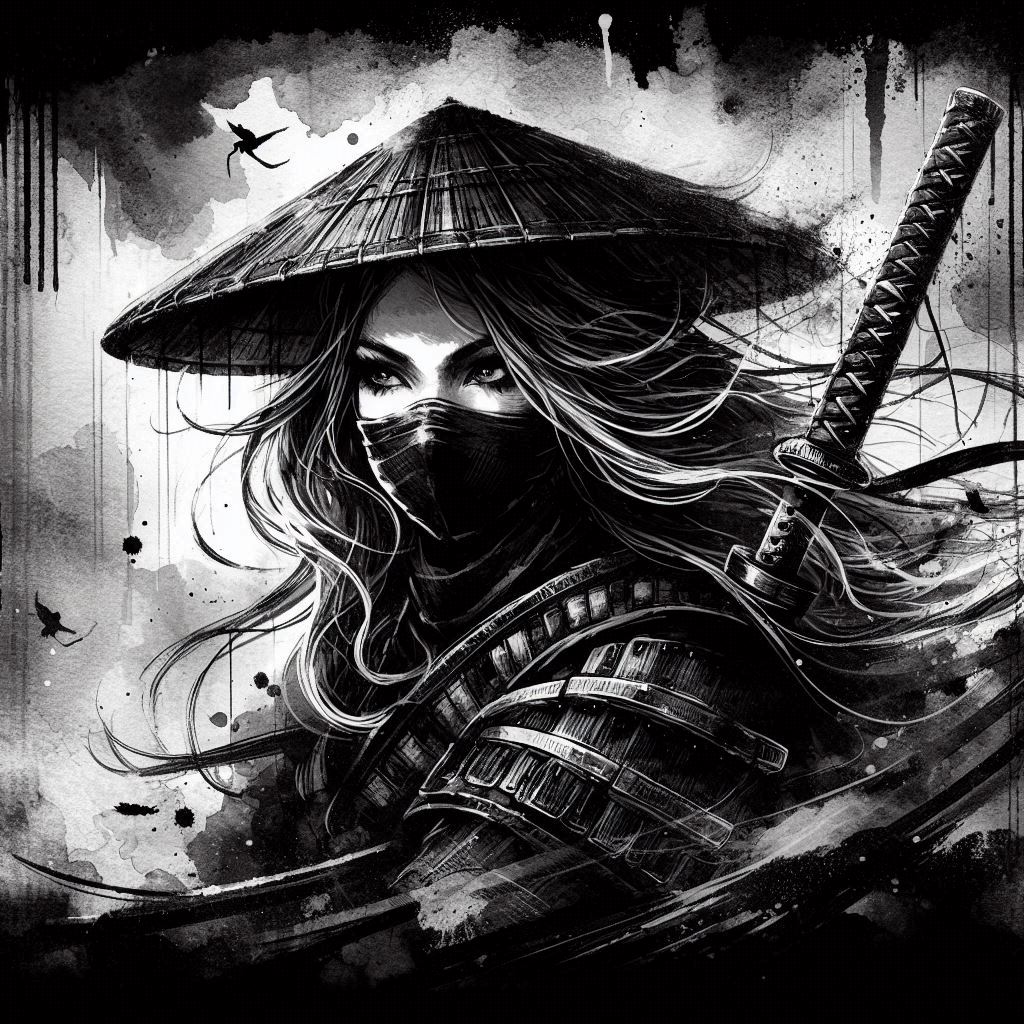Table of Contents
The Work of Ba Jin: Literary Dissent and Humanist Legacy in 20th-Century China
I. Introduction: The Writer and His Age
Ba Jin (1904–2005), born Li Yaotang, emerged as one of the most influential figures in modern Chinese literature. A product of both the intellectual fervor of the May Fourth Movement and the subsequent turmoil of war and revolution, Ba Jin’s works resonate with themes of individual freedom, anti-authoritarianism, and the tragic conflict between youth and feudal patriarchy. Deeply inspired by anarchist thought and Western literary forms, Ba Jin’s novels and essays constitute a powerful moral voice that challenged entrenched norms and expressed a deeply personal commitment to human dignity.

II. Ideological Foundations: Anarchism and Moral Individualism
Ba Jin’s early ideological formation was significantly influenced by European anarchist thinkers, especially Peter Kropotkin and Emma Goldman. During his youth, Ba Jin was an active participant in anarchist circles and translated many texts that promoted voluntary cooperation, anti-hierarchical governance, and moral liberation. This ideological background permeated his literary oeuvre. Unlike state-driven utopias or collectivist paradigms, Ba Jin’s moral universe was deeply individualist—focused on personal responsibility, the cultivation of virtue, and a life free from imposed authority.
This anarchist-humanist lens places Ba Jin in a unique position among modern Chinese writers. While many of his contemporaries embraced socialism or nationalism as their primary political outlooks, Ba Jin’s critique of power extended to all dogmas—familial, political, and religious. His novels are not simply protests against particular regimes but enduring reflections on the corrupting nature of authority itself.
III. The Torrents Trilogy: Rebellion Against Feudalism
Ba Jin’s most celebrated work is the Torrents trilogy, consisting of Family (1931), Spring (1938), and Autumn (1940). These novels offer a searing indictment of traditional Chinese familial structures and Confucian orthodoxy.
In Family, the central novel of the trilogy, Ba Jin portrays the Gao family, a wealthy household in Chengdu, and focuses on the struggles of three young brothers—Juexin, Juemin, and Juehui—each representing varying degrees of submission and rebellion. Juehui, the youngest, is the clear protagonist and Ba Jin’s ideological mouthpiece. His resistance to arranged marriage and his vocal condemnation of patriarchal tyranny represent the author’s desire for youth to become agents of moral awakening and social reform.
The trilogy as a whole traces the degeneration of the feudal family system, depicting it not merely as an outdated tradition but as a deeply violent and soul-destroying institution. The rigid hierarchy of the Gao household becomes a metaphor for all oppressive structures—be they political, social, or familial.
IV. Style and Emotional Clarity: The Power of Simplicity
Ba Jin’s prose is characterized by its clarity, emotional transparency, and deep moral earnestness. He rejected ornate literary techniques and favored a style that was both accessible and deeply felt. His characters are often drawn with psychological realism, and their inner turmoil is rendered with honesty and compassion.
Ba Jin’s commitment to simplicity was ideological as much as aesthetic. He sought to reach the broadest possible readership, believing that literature should be a weapon for moral enlightenment and emotional liberation. In this sense, his style reflects a Rousseauian idealism—a belief in the essential goodness of human beings corrupted by institutions.
V. Other Notable Works: Cold Nights, Ward Four, and the Later Writings
In Cold Nights (1947), Ba Jin turned inward, exploring the disintegration of a marriage amidst wartime despair. This novel, more introspective than his earlier work, marked a thematic shift—less overtly political, yet equally poignant in its portrayal of isolation and the human yearning for warmth and connection.
Ward Four (1946), a novella set in a hospital, stands as an allegory for the fragility of the human condition and the moral breakdown in times of crisis. Through illness and confinement, Ba Jin explores existential themes and the limits of human endurance.
In his later years, especially after the Cultural Revolution—during which he was persecuted and publicly humiliated—Ba Jin emerged as a voice of conscience. His Random Thoughts (随想录), a series of essays written after the Cultural Revolution, stand among the most courageous and morally lucid writings in contemporary Chinese letters. These essays express profound grief, self-examination, and a commitment to historical truth. Rather than seeking revenge or ideological clarity, Ba Jin offers a rare combination of vulnerability, humanism, and ethical resolve.
VI. Ba Jin and the Chinese Literary Canon
Ba Jin occupies a unique place in Chinese literary history. He is often grouped with Lu Xun and Mao Dun as one of the “Three Greats” of 20th-century Chinese literature. However, Ba Jin’s legacy is distinguished by the ethical directness of his voice and his unwavering belief in the emancipatory power of youth and love.
While Lu Xun was more ironic and psychologically complex, and Mao Dun more politically engaged, Ba Jin stood apart as a moralist and idealist. His literature does not aim to theorize society but to inspire change through emotional identification and personal introspection.
VII. Conclusion: A Voice for the Oppressed, A Mirror for the Conscience
Ba Jin’s work transcends literary boundaries. It is, above all, a moral call—to question inherited structures, to believe in the purity of the human heart, and to resist all forms of dehumanization. His courage during the darkest moments of 20th-century China, and his refusal to succumb to bitterness or cynicism, make his work not only an artistic achievement but a moral testament.
His novels, especially Family, remain vital today—not merely as historical artifacts but as reminders of the perennial struggle between youth and tradition, freedom and conformity, courage and submission. In an age where conformity often masquerades as virtue, Ba Jin’s literary voice remains a necessary dissenter, a conscience in the darkness, and a friend to all who still dream of a freer, kinder world.


No responses yet